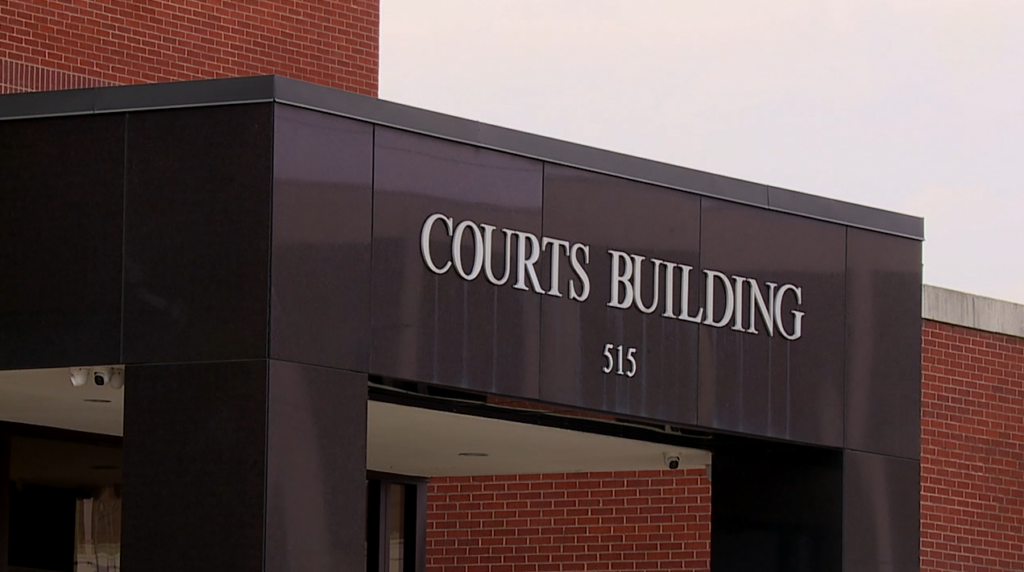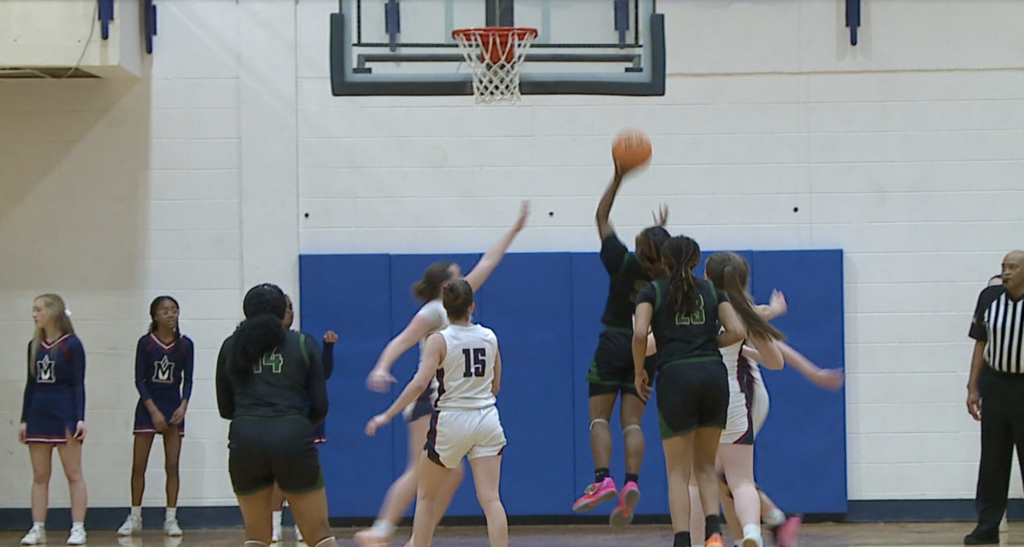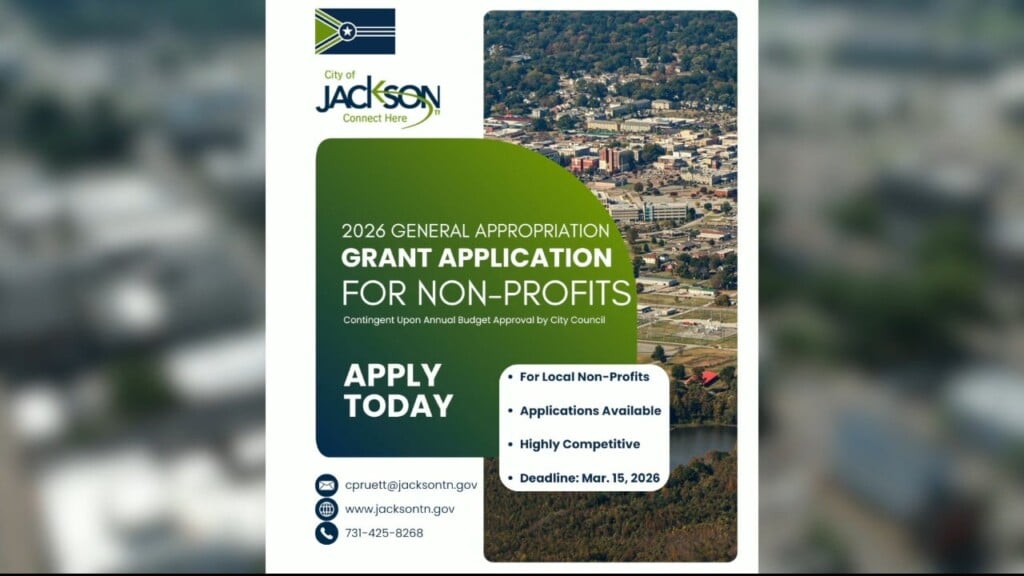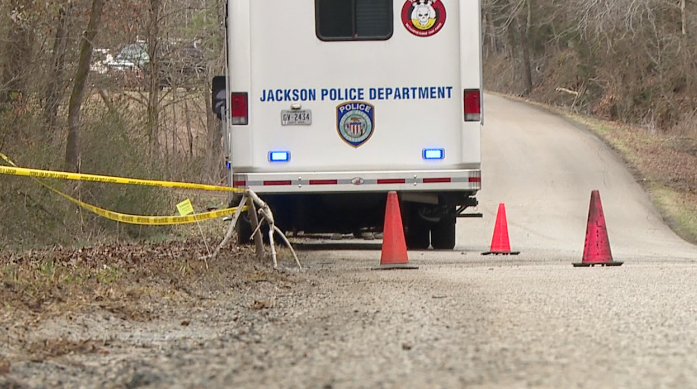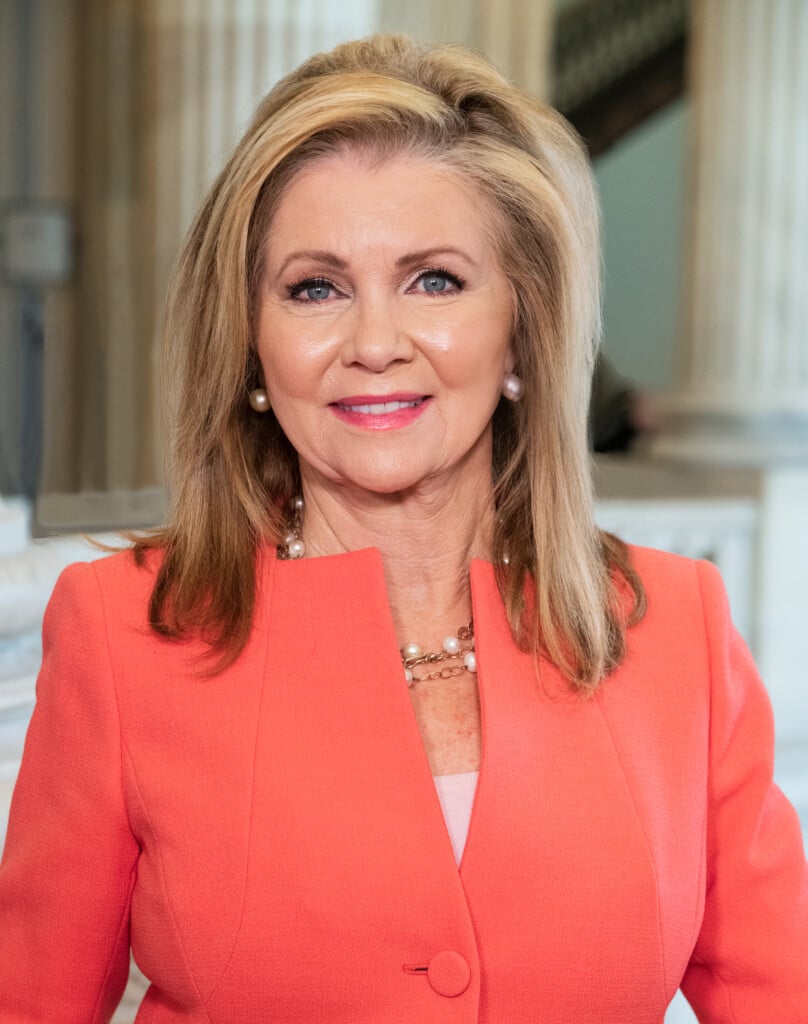TN school voucher bill, tabled..for now
NASHVILLE, Tenn.- An expected vote Monday night by legislators on a bill that would give some students in Tennessee’s public schools money to attend a private school, has been tabled for now.
The sponsor said it is due to the number of amendments added to the “Tennessee Choice and Opportunity Scholarship Act.”
The bill would affect students living in low income areas who also attend a school in the bottom five percent of the state.
If passed, they would be eligible to attend a private school through the voucher program.
State Representative Johnny Shaw, a Democrat from Bolivar said he will not be voting for it.
“I think in the long run we’re putting burdens, future if not present burdens on the public school system and for that reason I’m not sold on the vouchers,” said Representative Shaw.
The voucher system is something Republican Governor Bill Haslam has been backing for several years now.
“As we’ve always said, we were trying to find that right spot of making scholarships available to those kids in the lowest income situation, the lowest performing schools,” said Shaw.
Madison County has two schools which could qualify, Lincoln Elementary and Jackson Career and Technology Magnet Elementary.
Shaw said he has talked with West Tennessee school systems about their position on the legislation.
Shaw believes this could hurt the public school system.
“They don’t want me to vote ‘yes’ on it, so I represent them and I’m following them based on what we’ve talked about, and so I’m gonna support my local school system and vote ‘no’,” said Shaw.
WBBJ 7 Eyewitness News reached out for a comment from the Jackson-Madison County School District Monday, but they were not available to comment.
Funding for this program would come from the state budget and private schools would have to agree to be a part of the program.
The bill said the students who participate would have to take the state standardized test to measure the program’s success.
If eventually passed, 5,000 students would be eligible in the first year and within four years the program would be open to $20,000 students.





